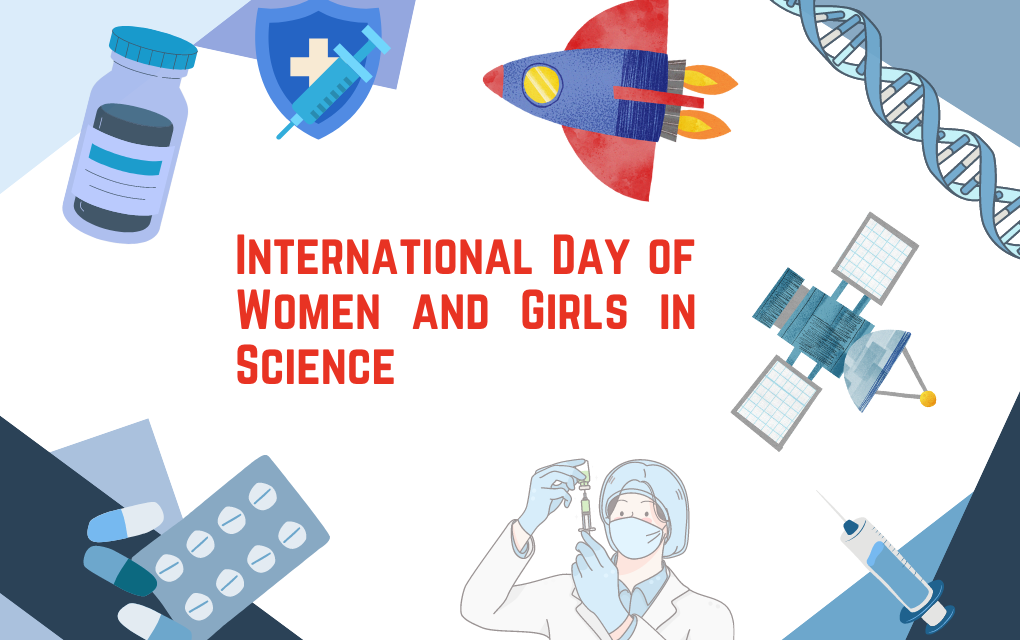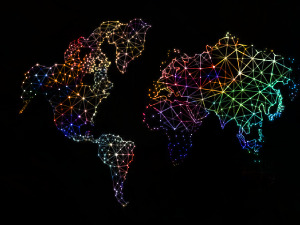International Day of Women and Girls in Science
International Day of Women and Girls in Science is an annual observance that celebrates the achievements and contributions of women and girls in the fields of science, technology, engineering, and mathematics (STEM). This day recognizes the importance of gender equality and the empowerment of women and girls in the scientific community.
On February 11, the world comes together to celebrate the International Day of Women and Girls in Science. The United Nations has formally declared this annual commemoration to honor and promote the vital contribution that women and girls have in the communities of science and technology. It also emphasizes how important it is to increase their involvement and provide them with the tools they need to pursue jobs in STEM (science, technology, engineering, and math) disciplines.
The goal of the day is to raise awareness of the significance of attaining gender parity in STEM fields and to promote fair access to scientific education and employment for women and girls. It highlights the contributions made by women scientists to science, technology, and research, and it honors their achievements and inventions.
The gender gap in science is still very much present, even with all of the advancements over the years. Only one in three researchers worldwide are female. This ongoing disparity results from the various obstacles faced by female scientists, which deter young girls from choosing scientific careers and impede women’s advancement within the field. The day advocates for more women to be included in leadership positions and decision-making processes in the scientific community. By dispelling prejudices and misconceptions, the International Day of Women and Girls in Science encourages young girls and students to pursue studies and professions in STEM subjects.
These remarkable women are important examples of those who have made significant contributions in the field of STEM:
Hypatia: A brilliant mathematician, astronomer, and philosopher in ancient Alexandria.
Beatrice Shilling: An engineer who made crucial advancements in aviation during World War II.
Katherine Johnson: A mathematician and physicist at NASA.
Lise Meitner: A physicist who contributed to the discovery of nuclear fission.
Marie Curie: A pioneering physicist and chemist who conducted groundbreaking research on radioactivity.
These women have left an indelible mark on STEM fields, inspiring generations to come. Their achievements continue to shape our world and encourage more women to pursue careers in science and technology.
The significance of diversity and inclusivity in the scientific community is underscored by the International Day of Women and Girls in Science. It acknowledges that historically, women and girls have made substantial contributions to STEM professions and that they ought to be given equal chances and respect.
We at Freemuslim believe that everyone including all governments need to keep encouraging and empowering women and girls to pursue careers in science and make sure that their contributions to the field’s advancement of knowledge and creativity are recognized.











